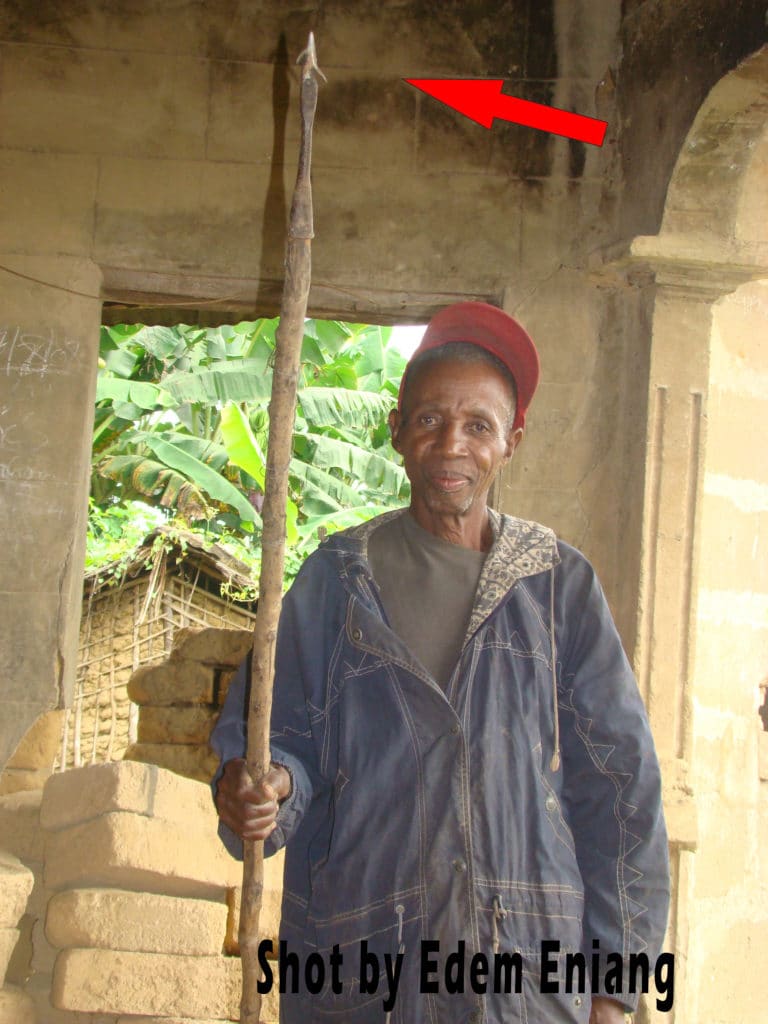African Manatees Conservation
African manatees are amongst the most misunderstood, the most feared, and the most persecuted aquatic mammal species of Nigeria. Different people, tribes, cultures, communities, etc, have varied perceptions, (expressed in proverbs, folklores, idiomatic expressions, tales, and songs) about it and therefore hold a number of uncanny myths about this gentle giant of the rivers and creeks. Based mostly on sheer ignorance, a great amount of myths and associated rituals are woven around a manatee by a large number of people as one moves from one riverine community to the other and such myths and rituals are handed down from generation to generation mostly by oral literature (verbal communication) which hardly anyone literate or illiterate has taken time to validate or refute scientifically. Based on the foregoing background BPC Nigeria led by Dr. Edem Eniang with technical support from Dr. Lucy Keith-Diagne of African Aquatic Conservation Fund commenced a long-term African manatee conservation initiative in southern Nigeria from 2009 till date.
The project has focused its attention mainly on ten rivers, namely Abakpa, Eniong-Creek, Calabar, Cross, Ikpa, Ikpan, Imo, Niger, Qua Iboe and Kwa. BPC conducts intensive surveys in dry and rainy seasons together with contact visits, clandestine investigations, use of informants and interviews of hunters and fisher-folks for within known manatee habitats covering five states of southern Nigeria with Akwa Ibom, Cross River and Rivers being major focal areas.

Being that threats differed significantly by rivers and states and included illegal hunting using Barrier traps, harpoons, specialized nets, pit-traps, as well as other fisheries-bycatch and manatee mortality due to entrainment in infrastructural construction, BPC continues to carry out on site anti-poaching campaigns as well as collect real time ecological data for further scientific work.
BPC has also been monitoring an illegal manatee trade network and routes where manatee carcasses are stockpiled and transported to other parts of Nigeria and sold for higher prices.
These have given BPC the imperatives to form synergy with governments, regulatory authorities and NGOs to increase public awareness and need for effective law enforcement.
Finally, feasible locations for Marine / Estuarine Protected Areas and alternative livelihood programs to reduce manatee hunting, by catch and habitat destruction need to be identified and implemented in southern Nigeria. Furthermore, the use of extensive manatee nets should be discouraged through a fisheries law enforcement which is practically nonexistent in the region.
BPC is grateful to African Aquatic Conservation Fund, Senegal, staff and volunteers at Biodiversity Preservation Center, Calabar and Port Harcourt, Save the Manatee Club, USA,
University of Uyo, Akwa Ibom state, Nigeria and Traditional Rulers and People of the AkwaCross region and the entire Niger Delta of Nigeria.
